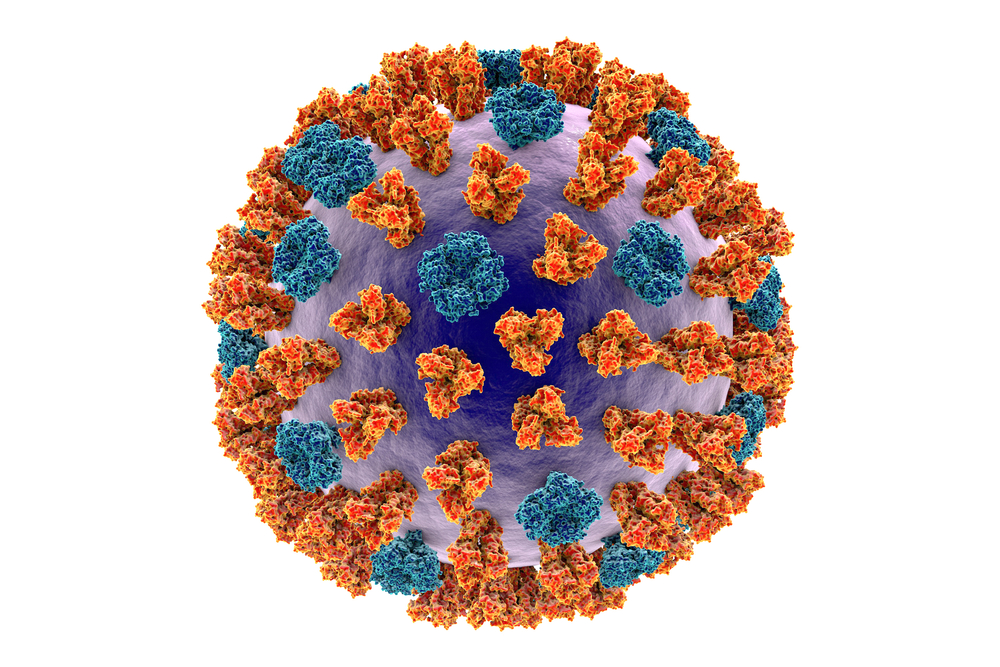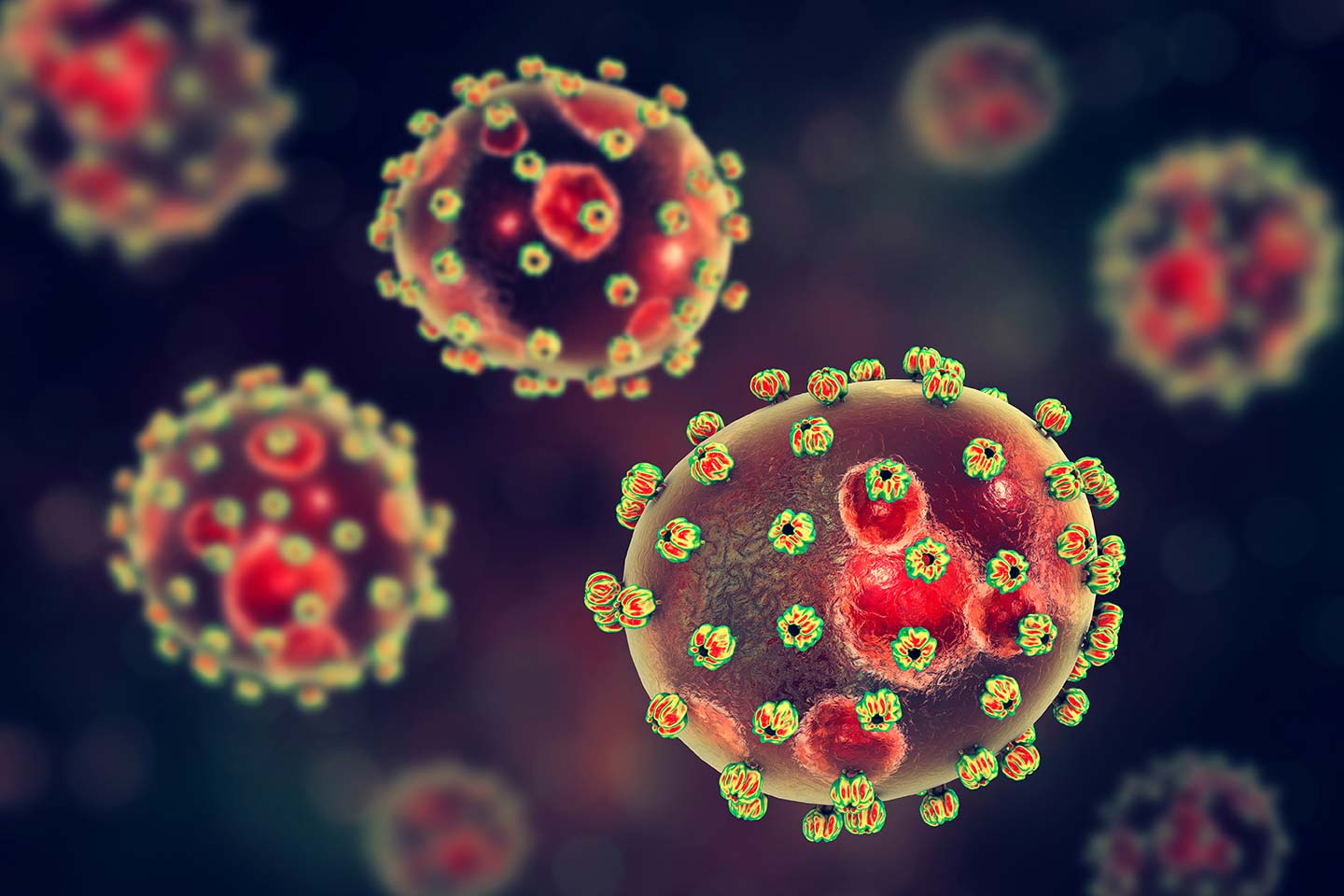Lassa fever virus
Lassa fever is a severe and sometimes fatal haemorrhagic disease caused by the Lassa fever virus LAFV. England records two cases of Ebola-like virus that can cause vaginal bleeding and comas among family returning from West Africa.

How To Prevent Lassa Fever Symptoms Treatment Contagious
Lassa fever cases identified in UK for 1st time in over a decade officials say.

. LFV is zoonotic and is transmitted to humans via contact with materials contaminated with rodent urine or feces. Symptoms of Lassa start gradually with fever and malaise and after a few days a headache muscle pain and vomiting may kick in. Lassa fever is mostly caused by the Lassa mammarenavirus.
Lassa fever is an acute viral haemorrhagic illness caused by the Lassa virus which can be serious and in some cases fatal. It was discovered as the causative agent of a hemorrhagic fever--Lassa fever--about 30 years ago. The virus which is rat-borne is usually contracted by human contact with food or household items which have been contaminated by the.
It has been known since the 1950s but the virus was not identified until 1969 when two missionary nurses died from it in the town of. People usually become infected with Lassa virus through exposure to food or household items contaminated with urine or. Lassa fever virus LFV is endemic to West Africa where its natural hosts are rats of the genus Mastomys.
It can also be transmitted through contact with infected bodily. This is the first time the disease has been found in Britain since 2009 - and there have only been eight previous cases in the country. The symptoms include flu-like illness characterized by fever general weakness cough sore throat headache and gastrointestinal manifestations.
People usually become infected with Lassa virus through food or household items contaminated with. In severe cases the virus triggers facial swelling fluid-filled. Natalensis This is one of the most common rodents in equatorial Africa found across much of sub-Saharan.
Lassa fever is usually caught from exposure to food or household items contaminated with the urine or faeces of infected rats. Infected with the virus does not become ill but can shed the virus in their urine and faeces. Lassa fever is endemic in West Africa and is estimated to affect some 100000 people annually.
Not now Lassa fever. Hemorrhagic manifestations include vascular permeability. Lassa fever is usually caught from exposure to food or household items contaminated with the urine or faeces of infected rats.
Lassa virus is a RNA virus belonging to the family of Arenaviridae. The risk to public health is very low UK. Lassa fever is an acute viral haemorrhagic illness caused by Lassa virus a member of the arenavirus family of viruses.
It can also be transmitted through contact with infected bodily fluids. First identified in 1969 in Nigeria Lassa Fever virus is a single-stranded enveloped RNA virus that belongs to the genus Mammarenavirus of the Arenaviridae family of viruses. The rat-born virus is potentially lethal.
Lassa fever is transmitted through contact with rodent faeces or urine Credit. Cases of Lassa fever are rare in the UK and it does not spread easily between people. Lassa fever is a viral haemorrhagic illness which is caused by the lassa virus.
The virus is spread from exposure to food or household items contaminated with the. Lassa fever is a viral infection carried by the multimammate rat Mastomys natalensis M. Lassa Fever is an illness which is caused by the Lassa Virus.
A total of two people have so far been confirmed to have the Ebola-like lassa fever virus in the UK according to the UK Health Security Agency UKHSA. Lassa fever is an acute viral haemorrhagic illness caused by Lassa virus. A person can become infected when they are exposed to household items or food which have become contaminated with.
Lassa fever is an acute viral haemorrhagic illness caused by Lassa virus. Lassa fever is an acute viral haemorrhagic illness. According to the UKHSA Lassa fever is an acute viral haemorrhagic illness caused by Lassa virus.
Lassa fever is a viral haemorrhagic fever transmitted by rats. Upon entry the Lassa mammarenavirus infects almost every tissue in the human body.

Lassa Fever Virus Gp1 With Human Fc Tag Recombinant Lasv Glycoprotein
Immunoassay Developed For Lassa Fever Virus




